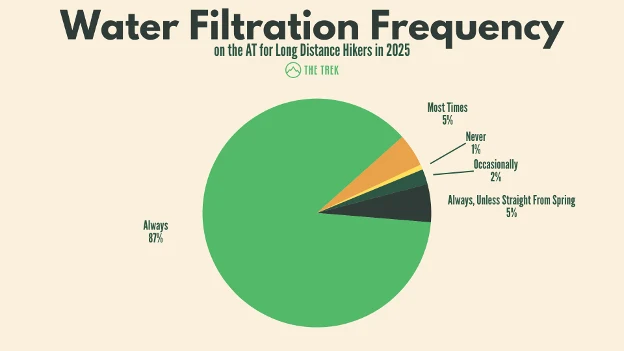Healthy Children: Choosing an Insect Repellent for Your Child
Healthy Children: Choosing an Insect Repellent for Your Child

Healthy Children: Choosing an Insect Repellent for Your Child
Choosing an Insect Repellent for Your Child
Warmer weather means more chances for kids to get outside to play, hike and enjoy the fresh air with family and friends. Warmer weather also means preventing insect bites.
Biting insects such as mosquitoes and biting flies can make children miserable. More worrisome is that bites from some insects can cause serious illnesses?.
Beyond the itch: illnesses carried by insects
Insect-transmitted illnesses include Lyme Disease, West Nile Disease, Zika, and others from mosquito and tick bites. And according to the U.S. Centers for Disease Control and Prevention (CDC), insect-borne illnesses are on the rise.
One way to protect your child from biting insects is to use insect repellents. When there's a possibility of getting a serious illness, such as Lyme disease, transmitted by an insect bite, make sure you choose repellent that is effective – meaning that it works well. It's also important to know how to use repellants correctly and safely.
Interested in learning more? Continue reading how to choose an insect repellent for your child, written by Sophie J. Balk MD, FAAP here.
Healthy Children: Choosing an Insect Repellent for Your Child


Choosing an Insect Repellent for Your Child
Warmer weather means more chances for kids to get outside to play, hike and enjoy the fresh air with family and friends. Warmer weather also means preventing insect bites.
Biting insects such as mosquitoes and biting flies can make children miserable. More worrisome is that bites from some insects can cause serious illnesses?.
Beyond the itch: illnesses carried by insects
Insect-transmitted illnesses include Lyme Disease, West Nile Disease, Zika, and others from mosquito and tick bites. And according to the U.S. Centers for Disease Control and Prevention (CDC), insect-borne illnesses are on the rise.
One way to protect your child from biting insects is to use insect repellents. When there's a possibility of getting a serious illness, such as Lyme disease, transmitted by an insect bite, make sure you choose repellent that is effective – meaning that it works well. It's also important to know how to use repellants correctly and safely.
Interested in learning more? Continue reading how to choose an insect repellent for your child, written by Sophie J. Balk MD, FAAP here.
Healthy Children: Choosing an Insect Repellent for Your Child


Choosing an Insect Repellent for Your Child
Warmer weather means more chances for kids to get outside to play, hike and enjoy the fresh air with family and friends. Warmer weather also means preventing insect bites.
Biting insects such as mosquitoes and biting flies can make children miserable. More worrisome is that bites from some insects can cause serious illnesses?.
Beyond the itch: illnesses carried by insects
Insect-transmitted illnesses include Lyme Disease, West Nile Disease, Zika, and others from mosquito and tick bites. And according to the U.S. Centers for Disease Control and Prevention (CDC), insect-borne illnesses are on the rise.
One way to protect your child from biting insects is to use insect repellents. When there's a possibility of getting a serious illness, such as Lyme disease, transmitted by an insect bite, make sure you choose repellent that is effective – meaning that it works well. It's also important to know how to use repellants correctly and safely.
Interested in learning more? Continue reading how to choose an insect repellent for your child, written by Sophie J. Balk MD, FAAP here.

























































































































